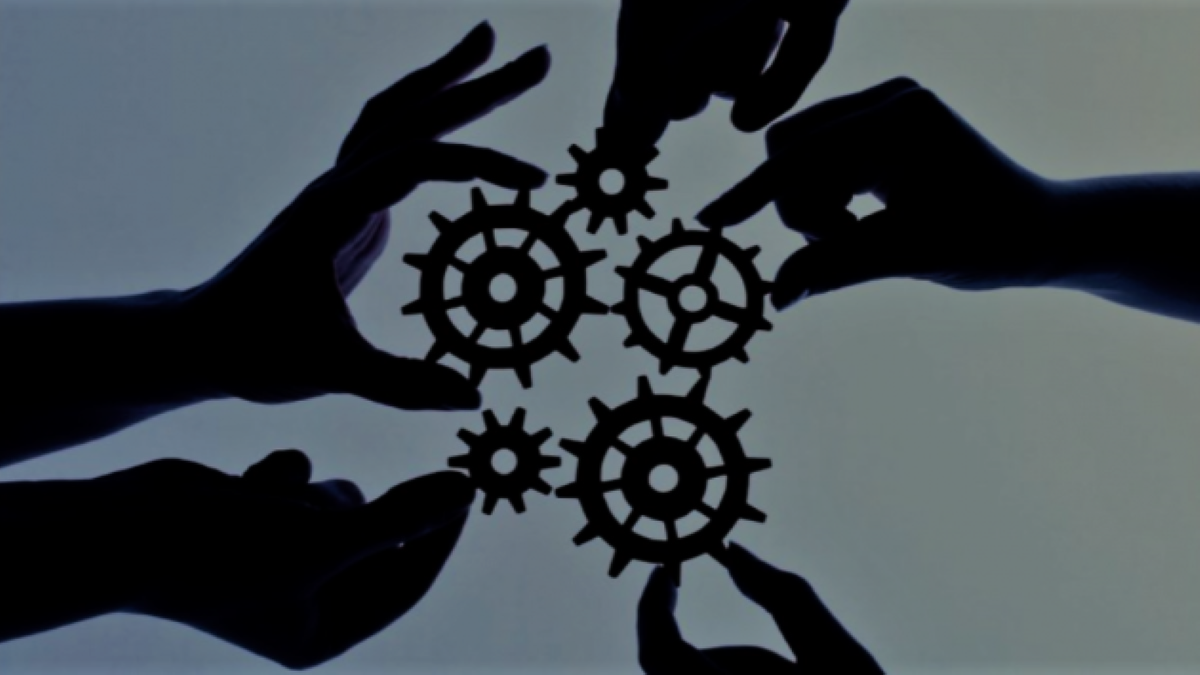Malaysia Population Research Hub

(Excerpts from Malaysia’s Country Statement at the 71st Session of Economic and Social Commission for Asia and The Pacific (ESCAP), 25-29 May 2015, Bangkok, Thailand)
Malaysia has been able to transform from a low-income economy in the 1970s to a high middle-income economy today. The fruits of growth have not only been enjoyed by the people as reflected by the higher level of household incomes and the eradication of poverty, but have also been better distributed, narrowing the income gap between different income groups. Parallel to the economic achievements, Malaysia has also achieved commendable success in terms of social progress. These achievements are in line with Malaysia’s commitment to place the wellbeing of the people as the priority of its development efforts. While pursuing material growth, Malaysia has not disregarded the nation’s endowments. As such, the government is committed to protect the environmental quality of life and caring for the planet, while harnessing economic value from the process.
At the core, these thrusts are based on the triple objectives of achieving a high income, inclusivity and sustainability in various aspects. These thrusts also addresses two matters. Firstly, it addresses the needs of the people and leverages on human capital or the people’s economy. And, secondly it addresses the economic means, or the capital economy, to achieve the goal to become a developed and high-income nation by 2020. The peoples economy is concerned with what matters most to the people, which includes jobs, small businesses, the cost of living, family wellbeing, and social inclusion, while the capital economy is about GDP growth, big businesses, large investment projects, and financial markets.
Malaysia will embark into the upcoming plan, the Eleventh Malaysia Plan,
2016-2020. The Plan is premised upon six strategic thrusts
(i) enhancing inclusiveness;
(ii) improving well-being;
(iii) harnessing talent;
(iv) pursuing green growth;
(v)strengthening the foundation for economic expansion; and
(iv) re-engineering economic growth.
The Eleventh Malaysia Plan will continue to focus on accelerating strategic economic reforms, maintaining macro economic stability and enhancing inclusivity and sustainability. All citizens stand to benefit from economic development regardless of gender, ethnicity, socio-economic status and geographic location. This is a very important tenet for a society like Malaysia that is multi-ethnic, multi-religious and multi-cultural. Malaysia will also continue to review regulations and laws, towards facilitating a well-functioning market economy, inclusive and sustainable development.
As Malaysia moves towards becoming an advanced and inclusive nation by 2020, there are still several challenges with respect to inclusivity, sustainability and social development that need to be addressed
In terms of inclusivity, there are sections of the population who remain vulnerable due to inability and disadvantaged circumstances. The government is re-focusing on the bottom 40 percent of the household income group in the Eleventh Malaysia Plan, to reduce their vulnerability to economic shocks and elevate them towards a middle class society.
In terms of environmental sustainability, the main challenge for Malaysia is to address issues related to climate change, environmental degradation and natural resources as well as natural disasters. The Eleventh Malaysia Plan will shift from the conventional and costly “grow first, clean up later” path to Green Growth trajectory. Green growth will ensure efficient use of resources, minimal pollution to the environment and resilience against the impact of climate change and natural disasters. Four key strategies will be pursued, namely i) strengthening the enabling environment for green growth; ii) adopting the sustainable consumption and production concept; iii) conserving natural resources for present and future generations; and iv) strengthening resilience against climate change and natural disasters.
With respect to social development, the Government will improve the wellbeing of the people, regardless of socio-economic background or geographic location. Equality of access to quality education, healthcare and affordable housing will be ensured. Greater social integration will be given due emphasis in leading Malaysia to a more united and cohesive community.
Malaysia emphasises that stronger regional cooperation and integration is necessary to provide a platform for the formulation of collective action that will allow for greater achievement of the development goals. Regional cooperation is a gateway to greater welfare and improved standard of living. In this regard, stronger cooperation and integration will promote more equal and balance growth in this region. This cooperation should not only be confined to extending networking for poverty alleviation initiatives, knowledge sharing but also in dealing with the current socioeconomic issues and challenges such as natural disasters and calamities as well as the global economic turbulence and volatility.
Download : Popinfo Issue 1 /2015